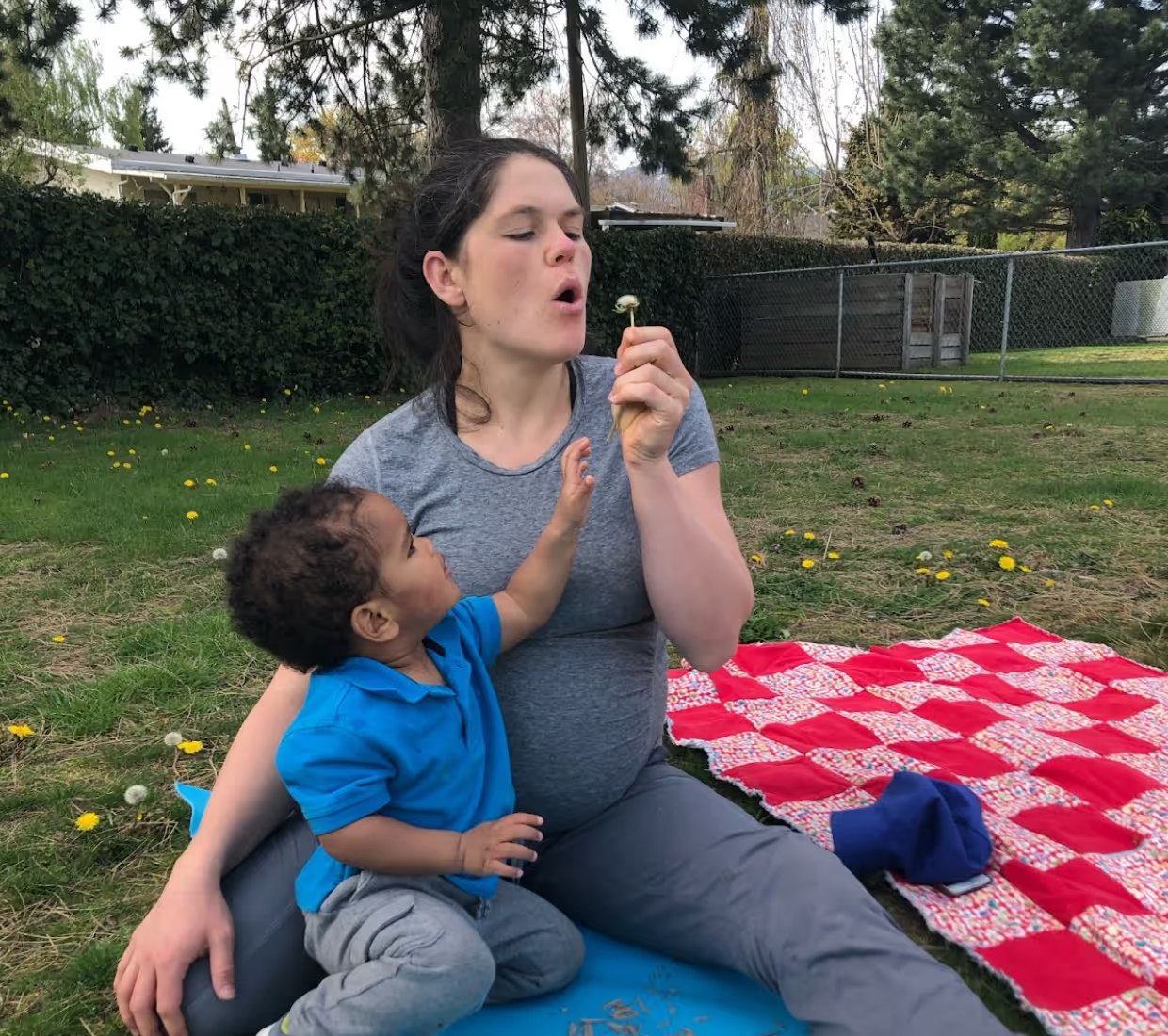Understanding Menopause as a Natural Transition
Menopause is a normal stage of life, not a disease. It begins with perimenopause, the years leading up to the end of menstruation, and is defined as 12 months without a period. The average age is around 51.
During this transition, declining estrogen and progesterone levels affect not only reproductive health, but also mood, metabolism, sleep, bone strength, and heart health. Up to 80% of women experience hot flashes, and many notice weight changes, disrupted sleep, and shifts in emotional wellbeing.
At Seek Optimal Wellbeing, our clinic in the Fraser Valley supports women from Chilliwack, Abbotsford, Mission, Langley, Agassiz, Harrison Hot Springs, Hope and more offering an integrated approach—combining naturopathic medicine, registered massage therapy, and counselling—to help women navigate this chapter with resilience and vitality.
Why a Holistic Approach Matters
Too often, menopause is treated as something to "get through" with band-aid solutions. But at this stage of life, your body deserves deeper support. Instead of only chasing symptoms, we look at the root causes and how different systems interact:
- Hormonal Balance – Supporting estrogen, progesterone, and adrenal health.
- Gut Health (the Estrobolome) – Your microbiome plays a key role in hormone metabolism. Dysbiosis may recycle estrogen back into the body, worsening symptoms.
- Stress Resilience – Chronic stress disrupts sex hormones, intensifies hot flashes, and worsens sleep.
- Metabolic Function – Shifts in blood sugar and metabolism can lead to weight gain, fatigue, and increased risk of heart disease.
- Nutrient Status – Key vitamins, minerals, and fatty acids are essential for energy, mood, bones, and heart health.
Supporting Your Gut-Hormone Connection
Your gut bacteria influence how estrogen is processed. A healthy microbiome promotes proper hormone elimination, while an imbalanced gut increases reabsorption, potentially leading to more intense symptoms.
Daily practices to support your gut health:
- Aim for 25–30g of fiber (vegetables, flax, chia).
- Include fermented foods (yogurt, kimchi, sauerkraut).
- Drink 2–3L of water daily.
- Limit processed foods, artificial sweeteners, and excessive alcohol.
Metabolic Shifts & Blood Sugar Balance
After menopause, women experience:
- A 30% reduction in metabolic rate.
- A natural shift toward abdominal fat storage.
- 1–2 kg annual weight gain and muscle loss if not addressed.
Blood sugar imbalances can worsen fatigue, cravings, hot flashes, and sleep disruptions. Supporting insulin sensitivity through diet, exercise, and stress management is critical.
Daily habits that help:
- Eat protein at every meal.
- Choose low-glycemic carbohydrates.
- Strength train 2–3 times per week.
- Prioritize 7–9 hours of restorative sleep.
Stress, Cortisol, and Hormonal Balance
Chronic stress activates the HPA axis (brain-adrenal connection), leading to elevated cortisol. This disrupts sex hormones and worsens symptoms.
Evidence-based stress support strategies include:
- Breathwork (e.g., 4-7-8 technique).
- Prayer and Meditation (even 5 minutes daily).
- Yoga or tai chi for nervous system regulation.
- Time in nature—just 20 minutes a day lowers stress hormones.
Nutritional & Herbal Support
Food is the foundation, but targeted supplementation can make a big difference:
- Magnesium for relaxation, sleep, and mood.
- Vitamin D + K2 for bone and immune health.
- Omega-3s for heart and brain function.
- B vitamins for energy.
Some women benefit from herbal therapies like black cohosh, red clover, or vitex for hot flashes, sleep, and mood changes. These are best used under professional guidance.
When to Consider Hormone Therapy
Menopausal Hormone Therapy (MHT) can be an effective option for some women, especially if symptoms are moderate to severe. Suitability depends on age, time since menopause, personal health history, and risk factors. At our clinic, we help women weigh the risks and benefits while also supporting the body holistically.
Integrative Therapies at Seek Optimal Wellbeing
At our Fraser Valley wellness clinic, we often combine therapies for best results:
- Counselling for emotional health and stress resilience.
- Registered Massage Therapy (RMT to support circulation, relaxation, and muscle strength.
- IV Nutrient Therapy (when appropriate) to replenish vitamins and minerals quickly.
- Neurofeedback for sleep, mood, and nervous system balance.







